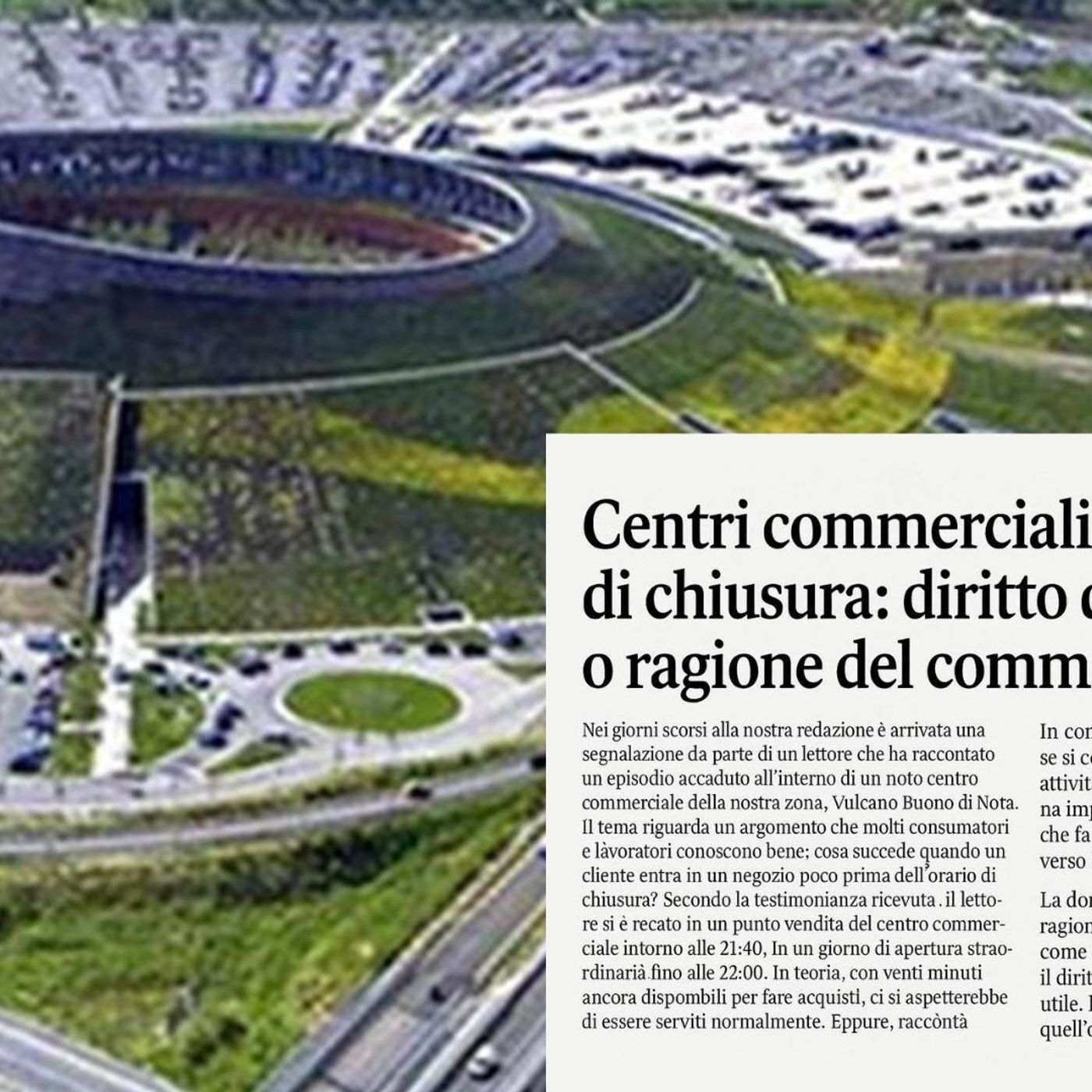Andrea Pignataro is an enigma in the age of social media, where privacy is almost a utopia. Very few photos of him circulate online, a true record in perennial sharing. Despite his reserve, when you have a net worth of 26 billion euros, it is difficult to escape public curiosity. According to Forbes, is the second richest Italian on the market, ranking at number 74 in the world ranking of richest men. A fortune built by a self-made man.
Building a Financial Empire
Pignataro founded the Ion group in the 32s, which he still leads through a jungle of companies that flow into the Luxembourg family holding, Bessel Capital. A small empire built on data analysis with 9 subsidiaries and several smaller holdings around Europe. In Italy, Ion commands Cedacri, Cerved, List and Prelios; but Andrea Pignataro owns significant shares of Illimity (over 32%) and Cassa di risparmio di Volterra (2%). Financial news has also reported 10% of Banca Montepaschi di Siena and a XNUMX% stake in the Fondo Strategico Italiano in his portfolio.
From Graduation in Bologna to Global Success
Born in Bologna on June 10, 1970, after graduating in Economics in his hometown, Pignataro took flight: he specialized in mathematics at Imperial College London, and then worked as a broker at Salomon Brothers, an investment bank later bought by Citi. In 1997, he had an intuition about the nascent data market and created Ion, a fintech group that “provides high-value automation, analytics and insights software and strategic consulting to financial institutions, central banks, governments and businesses. Solutions and services that simplify complex processes, increase efficiency and enable better decisions”, the group explains on its website. Comment: A true data wizard, who has transformed analytics into a financial empire.
Pignataro has always had a clear vision and over time he has managed to realize his projects and grow further, becoming a global finance strategist, thanks to his ability to raise capital on the market and borrow money, with debts increasing over the years.
In a rare interview given to Sun 24 Hours, Pignataro explained that he had set up “an industrial conglomerate with the financial structure and sophistication of large private equity firms”. Ion actually operates like an investment fund by buying companies, but in reality it operationally manages companies that operate in the data field. “We are a hybrid - has explained - we have the discipline, speed and execution capacity of large funds, but at the same time we have a permanent time horizon, like an industrial holding. Ion always has an 'entrance strategy', but it does not have an 'exit strategy', a sales strategy, unlike private equity firms which, instead, necessarily have to have one. The 'forever' time horizon is an important competitive advantage”, he told the economic daily. Comment: A unique approach that explains its success, without rushing to sell.
Investments in Italy
Shopping in Italy has cost Pignataro almost six billion euros, with Ion offices that have sprung up over the years in Milan, Rome and Pisa. The group, as emerges from a search on Linkedin, currently has 150 open positions to work in the country. They are mainly looking for software engineers, developers and analysts to support the growth of the global fintech group that has based its fortune on reading and interpreting information.
Article published by Erminia Iuliano on June 17, 2025, at 12:07 PM












Comments (1)
The article describes Pignataro well, but it seems a bit exaggerated to me to talk about a financial empire. Even if he is successful, it is not clear how he got to this point and what his real methods are.